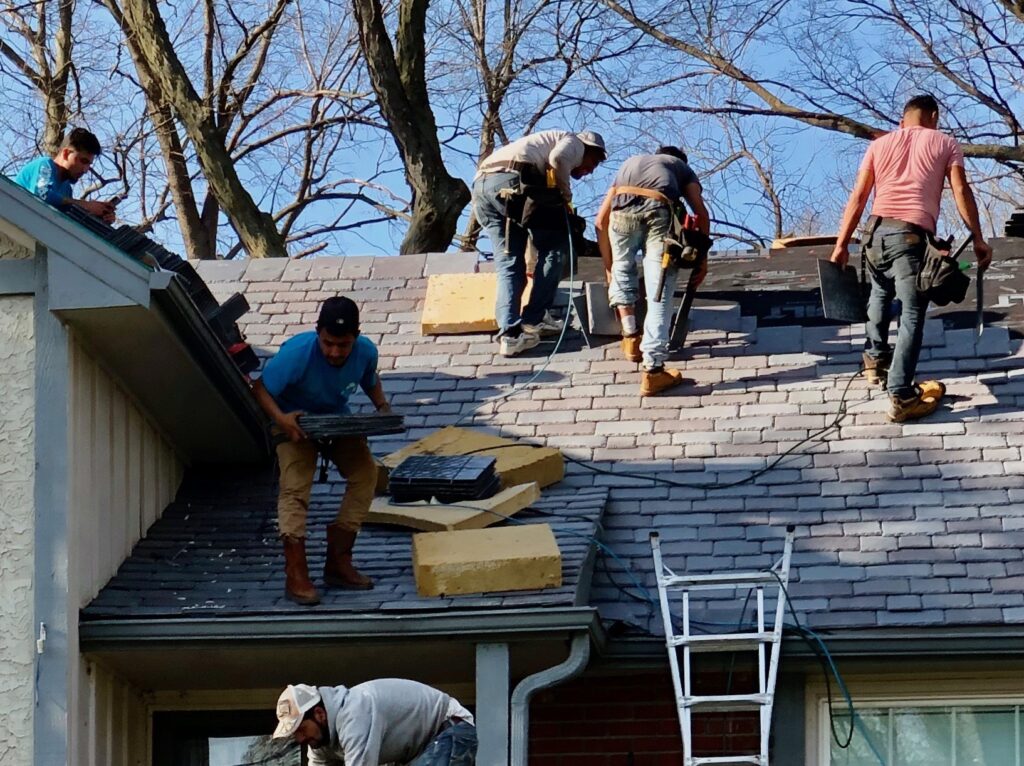What You Need to Know Before Installing Solar Panels on Your Roof

Throughout the United States, an increasing number of homeowners are considering the very vast range of benefits that solar panel installation can provide. Solar power technology has undergone a number of remarkable advancements over the past decade that have improved its efficiency, made solar panels more aesthetically appealing, and reduced the cost of the necessary equipment. Having solar panels installed on your home is an excellent way to generate electricity for meeting the needs of your household, and for contributing to the grid. Best of all, this energy production has virtually no impact on the natural environment. With the right setup, solar panels are an investment that will pay for itself in energy savings for many years to come. These features can also dramatically enhance the overall value and marketability of your property. Before you dive into the installation process, however, there are a number of important things that you need to know.
To start, it’s vital to have a clear understanding of the age and condition of your roof. If your roof is nearing the end of its lifespan or is in need of major repairs for other reasons, adding features and accessories is something that you should avoid doing until the integrity and durability of your roof is assured. Not only will a solid roof provide a better foundation for solar equipment, but you’ll also be able to avoid the hassle of having to remove your new panels within just a few short months or years, in order to have underlying problems corrected. To ensure that your solar panel installation is a seamless and stress-free one, read on to learn more about all the different factors that must be considered before starting.
The Many Factors That Can Affect the Success of Your Solar Panel Installation
The integrity of your current roof is obviously the first and most important consideration to make before beginning this project. However, it is hardly the only one. You also have to determine whether you want to purchase your solar panels outright or lease them. There are both benefits and drawbacks to each choice. Leasing solar panels will open the door to lower energy prices, and at little to no upfront cost. It’s also important to note that leased equipment can be a bit easier to upgrade should outstanding, future innovations make doing so worthwhile. Buying solar equipment will pay bigger dividends, but you’ll need to be prepared for greater out-of-pocket spending at the outset. Keep in mind that depending upon where you live, you may have access to a number of impressive incentives and rebates that help drive the costs of purchasing your own solar equipment down. Ultimately, you’ll need to:
- Assess your options and compare prices
- Determine your short and long-term goals for your property
- Choose the option that best fits your intentions and your current financial situation
Whether you choose to lease or purchase your solar equipment, once it’s been installed, it will instantly start paying for itself.
You also have to account for the energy needs of your home. This is something that’s best done by having a professional energy audit performed. When your goals include increasing the efficiency of your home and limiting your carbon footprint, you may want to supplement your solar installation with a few targeted efficiency upgrades. Better insulation, new windows, and efforts to fix cracks, gaps, and other openings in building materials that allow for air leaks will make the solar energy that you harness and use go further. An energy audit will also determine how much solar power you’ll ultimately need.
It’s important for homeowners to have feasible plans when using this technology. If your home doesn’t get a tremendous amount of sunlight throughout the year, you probably shouldn’t expect solar panels to meet all of your energy needs. If you’re eager to start leveraging solar energy to reduce your carbon footprint and home energy costs, and need a solid plan for doing so, we can help. Call us today at 913-850-6556.
